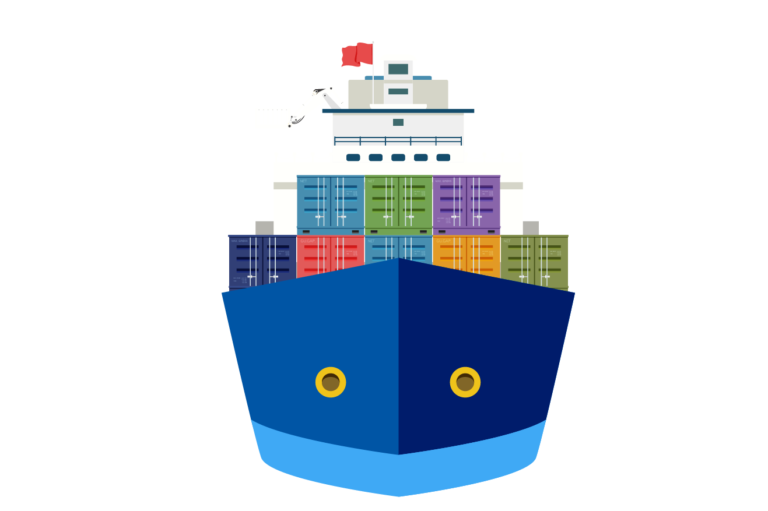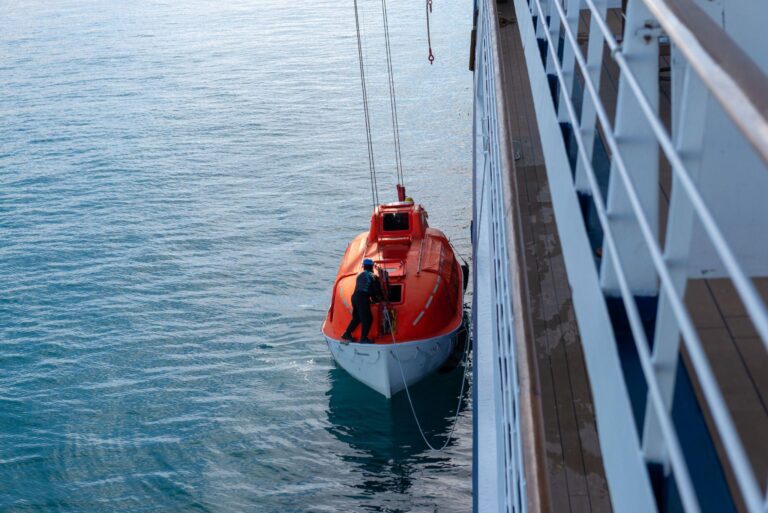Those of us employed in the maritime industry know that it’s difficult and sometimes dangerous work. You need a hazard-free environment to stay safe, and you need to trust that your co-workers and your employer are looking out for you at all times.
When this trust fails, a maritime employer can be found at fault. We look into how negligence works, how it’s proven by an offshore injury attorney, and what rights you have as an employee.
Negligence and the Jones Act
In an ordinary workplace, personal injury claims would be covered under the relevant state or federal workers’ compensation law. Maritime personal injury is different, however. Workers who are injured in port or at sea can sue for their employer for negligence under the Jones Act.
The Jones Act has a much broader and stricter set of standards for employers to follow. Like standard personal injury claims, negligence is considered as acting or failing to act in a way that would be reasonably foreseen to cause harm. However, this negligence extends to many more cases than personal injury claims and includes:
- Ensuring proper training for every person on board the vessel
- Maintaining and inspecting every piece of equipment on board at regular intervals
- Avoiding hazardous weather conditions such as storms while at sea
- Keeping all workspaces, above and below deck, free of hazards, regardless of who put them there
- Providing adequate supervision
- Providing reasonable working hours
- De-escalating arguments between crew members and avoiding confrontations
The Burden of Proof
Another way negligence differs in maritime accidents is in the burden of proof. In other accidents—such as a car accident—you would generally have to prove that the defendant’s actions were the main reason you were injured.
When proving a compensation claim under the Jones Act, however, all that is required is so-called “featherweight” proof—that is to say, you need only prove that the employer’s negligence had some part in the accident, no matter how small.
Getting the Right Compensation
If you’ve been injured at sea, you’re entitled to seek compensation for damages from your employer. These damages are very similar to standard personal injury lawsuits and include:

- Medical bills
- Loss of present and future income
- Mental anguish
- Expenses relating to your recovery
In addition to your employer, in certain circumstances you may also be able to sue the owner of the vessel in a separate claim of unseaworthiness.
In order to get the compensation you deserve, it’s important you speak to an experienced Jones Act lawyer. They’ll be able to take you through your case, collect the necessary evidence to prove negligence, and fight to get you fair legal redress.
If you’ve been injured at sea, don’t wait to get your life back on track. Contact the expert maritime attorneys at Schechter, Shaffer, and Harris, LLP at (800) 836-5830 for a no-cost assessment of your claim.







